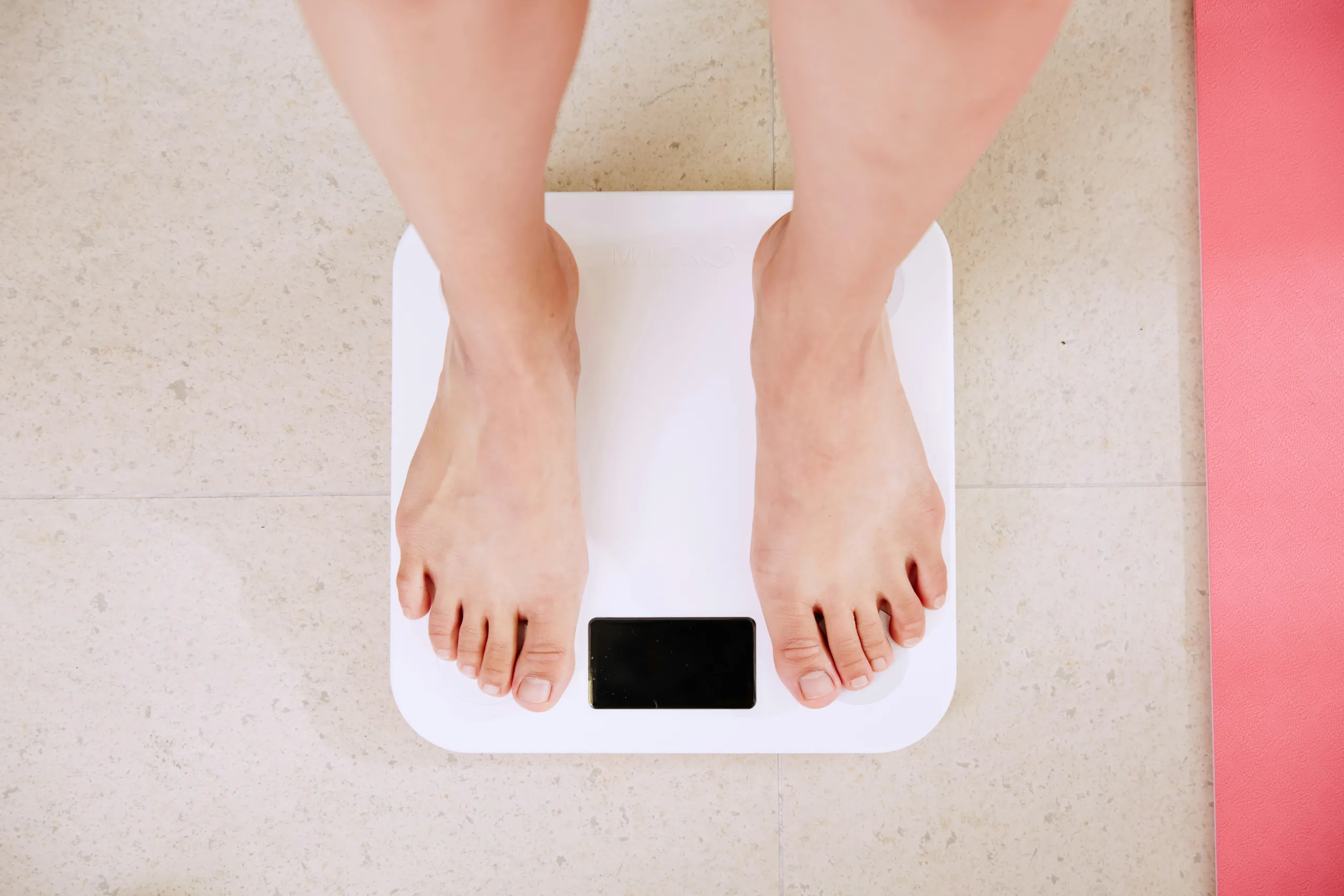
Are you looking for a quick and effective way to shed some extra kilos? While it’s important to approach weight loss with a healthy mindset, it’s also essential to be cautious of any diet that promises rapid results. In this article, we’ll explore a balanced approach to healthy weight loss that focuses on sustainable habits and long-term success.
The Dangers of Rapid Weight Loss
Before we delve into the details of a healthy weight loss plan, it’s crucial to understand the risks associated with rapid weight loss. While it may be tempting to try a diet that claims to help you lose 9 kilos in just 9 days, it’s important to recognize that such extreme measures can be harmful to your health.
Rapid weight loss diets often involve severe calorie restrictions, which can lead to nutrient deficiencies, muscle loss, and a slower metabolism. Additionally, these diets are difficult to sustain, and once you return to your regular eating habits, the weight tends to come back.
A Balanced Approach to Healthy Weight Loss
Instead of resorting to extreme measures, it’s best to adopt a balanced approach to weight loss. This involves making sustainable changes to your eating habits and incorporating regular physical activity into your routine. Here are some guidelines to help you get started:
1. Set Realistic Goals
When embarking on a weight loss journey, it’s important to set realistic goals. Aim to lose 0.5 to 1 kilo per week, as this is a healthy and sustainable rate of weight loss. Remember, slow and steady wins the race.
2. Focus on Whole Foods
One of the keys to a healthy diet is focusing on whole foods. These include fruits, vegetables, lean proteins, whole grains, and healthy fats. By choosing nutrient-dense foods, you’ll feel satisfied and nourished while consuming fewer calories.
3. Portion Control
Portion control plays a significant role in weight management. Be mindful of your portion sizes, and try to avoid oversized servings. Consider using smaller plates and bowls to help control your portions visually.
4. Stay Hydrated
Drinking an adequate amount of water is essential for overall health and weight management. Water helps to boost your metabolism, curb your appetite, and flush out toxins. Aim to drink at least 8 glasses of water per day.
5. Regular Physical Activity
Incorporating regular physical activity into your routine is crucial for weight loss and overall well-being. Aim for at least 150 minutes of moderate-intensity exercise per week, such as brisk walking, swimming, or cycling.
6. Get Adequate Sleep
Sleep plays a vital role in weight management. Lack of sleep can disrupt your hormones, increase cravings, and affect your overall energy levels. Aim for 7-9 hours of quality sleep each night to support your weight loss efforts.
Conclusion
While it may be tempting to try a quick-fix diet promising rapid weight loss, it’s important to prioritize your health and take a balanced approach instead. By setting realistic goals, focusing on whole foods, practicing portion control, staying hydrated, engaging in regular physical activity, and getting adequate sleep, you can achieve sustainable weight loss and improve your overall well-being.
Remember, weight loss is a journey, and it’s important to be patient and kind to yourself along the way. Consult with a healthcare professional or a registered dietitian for personalized guidance and support.



Leave a Reply